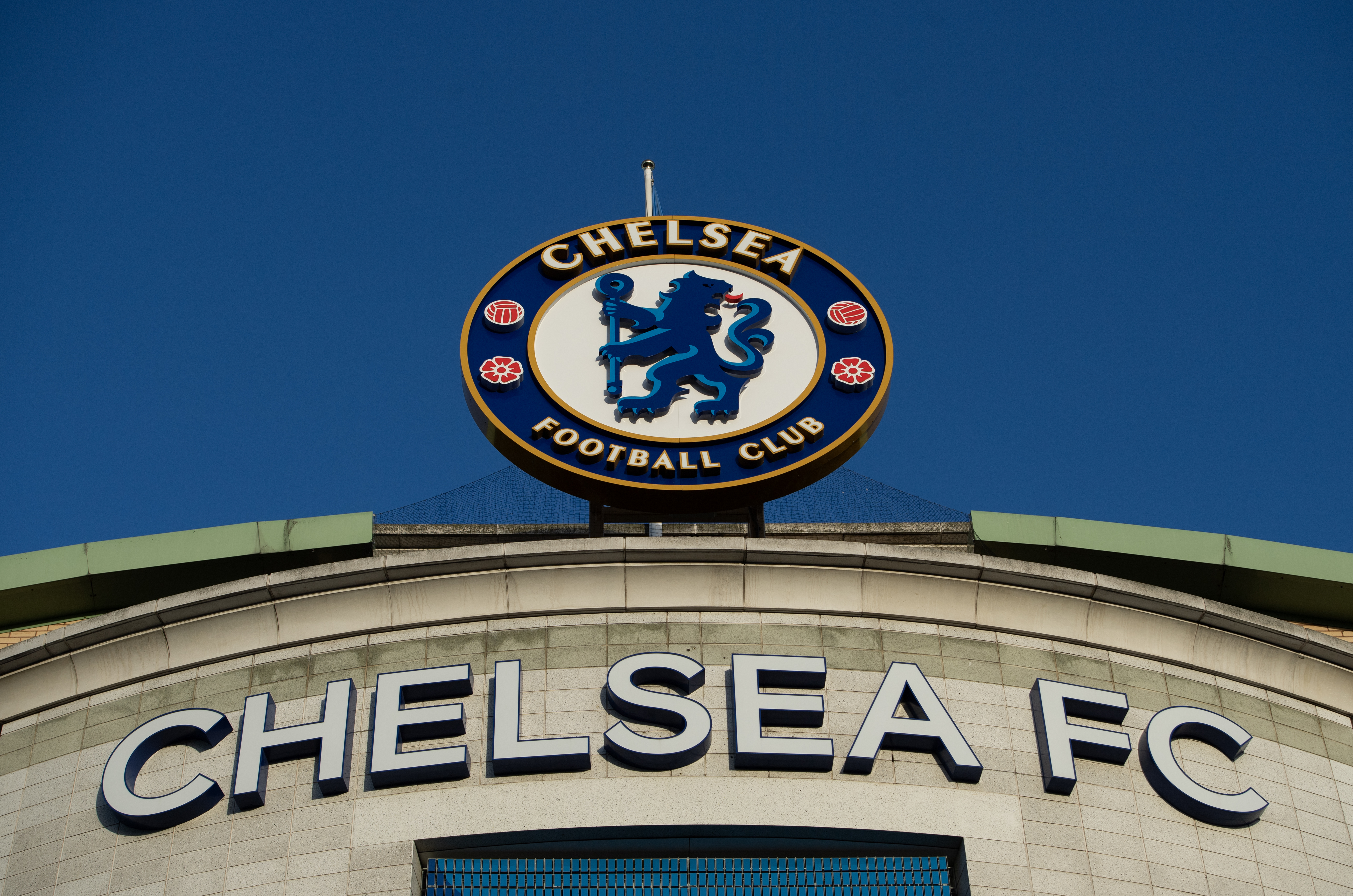Why play-offs are the best way to decide a champion
For some of you, the idea of holding play-offs to determine a champion is probably a bit odd. A few of you might even find it offensive, or view it as an affront to the game.
After all, champions are meant to be crowned based on their performance over the course of an entire season, not just a few matches, so the idea that the fourth- or fifth-best (or *gasp* worse) team could be handed the title thanks to a brief run of form is enough to cause feelings of righteous anger.
However, a reasonable argument can be made that Major League Soccer needs a play-off season to capture a modicum of attention from a sports-obsessed but easily distracted public.
The issue is really a matter of primary market. Should MLS cater to the knowledgeable footy fan who could handle the simplicity of a points-winner champion, or should they play to Americans who prefer their seasons to end with knockout tournaments and championship finals?
Would the former be a mistake? Keep in mind that footballâÂÂs place in American society dictates a mass appeal approach. The league canâÂÂt afford to defer to a niche within a niche.
Rather than run in circles attempting to decide what MLS should do, perhaps we should focus on the positives of a system that doesnâÂÂt appear to be going away anytime soon anyway.
In 2010, we truly have the eight best teams in the league battling for the MLS Cup - a first, really, considering that the number of entries prior to this year allowed for mediocre teams to get in and spoil the party.
The best features, fun and footballing quizzes, straight to your inbox every week.
Nov 4 8pm EDT: San Jose Earthquakes at New York Red Bulls(first leg 0-1)
Nov 6 4pm EDT: Colorado Rapids at Columbus Crew(first leg 1-0)
Nov 6 8pm MDT: FC Dallas at Real Salt Lake(first leg 2-1)
Nov 7 6pm PST: Seattle Sounders at LA Galaxy(first leg 0-1)
The first round is four two-legged affairs, and after this season's first legs, every tie is separated by a single goal. The return legs, starting Thursday with the Red Bulls hosting their first play-off game at Red Bull Arena protecting a 1-0 lead gained at San Jose Earthquakes, should provide ample drama.
Red Bull Arena: Fittingly gladiatorial
Which, of course, is the point of having play-offs. Everything is on the line in a single 90-minute match. Every tactical decision is crucial, every missed chance a dagger to the soul or a reprieve from the gallows.
The importance of a goal is maginified with the season on the line. As weâÂÂre without a knockout cup tournament that truly matters, the MLS Cup playoffs serve as way to inject tension-filled matches into a season that might otherwise be lacking.
The system isnâÂÂt perfect â MLS commissioner Don Garber has admitted as much recently â and it could use a few tweaks. For example, it's admittedly odd to switch format from two legs in the first round to a single knockout match in the second, and thereâÂÂs funny business when it comes to the geography of the Eastern and Western Conferences for play-off purposes.
But the idea of play-offs itself shouldnâÂÂt be tossed aside as invalid. Rather than compare MLS to other leagues around the world, most of which operate with a library of history behind them and fanbases less distracted by other sports, perhaps itâÂÂs best to think of MLS as (North) American first and part of the greater football fabric second. Just because itâÂÂs different doesnâÂÂt mean itâÂÂs inherently bad.
And hey, our neighbours to the south use a play-off system, too. If itâÂÂs good enough for Mexican futbol, it should be good enough for American soccer.
The play-offs endgame is the MLS Cup Final, set for Toronto on November 21. Between now and then are six matches (the return legs of the first round, plus the semi-finals); each one of them can be a drama-packed exhibition of what playoff football is in the United States as well as an opportunity to build excitement towards the championship final.
They wonâÂÂt always be pretty, the crowds wonâÂÂt always be large, but the passion on display from those who care (those supporters in attendance and the players themselves) will be evident. Things are done a little differently here, a little more American perhaps. As long as weâÂÂre not fiddling with the rules of the game themselves (weâÂÂve learned our lesson, I think), isnâÂÂt that how it should be?
Real Salt Lake celebrate last year's triumph
Next year, Major League Soccer will expand to 18 teams. The year after that the number will be 19, and thereâÂÂs an expectation of 20 or more in the near future. With a salary cap holding down the quality of depth that MLS clubs sign, a season of 38 matches is difficult to imagine.
With that in mind, the league could very well decide to do away with the home and away schedule. If teams are not playing against the rest of the league the same number of times, then a single-table format without play-offs wouldn't accurately determine the leagueâÂÂs true champion.
There are many reasons for MLS to use a play-off format to determine its champion. Americans enjoy play-offs. The sheer size of the countries involved makes a larger league and cumbersome fixture lists inevitable, giving an impetus to maintaining them for no other reason than consistency.
The matches themselves create dramatic moments and excitement levels impossible with standards fixtures in April, May or June. The MLS Cup Final serves as a league showcase, an opportunity to drive American attention and to pamper crucial sponsors. In the end, there are more reasons to keep the play-offs than there are to scrap them.
 Join The Club
Join The Club





